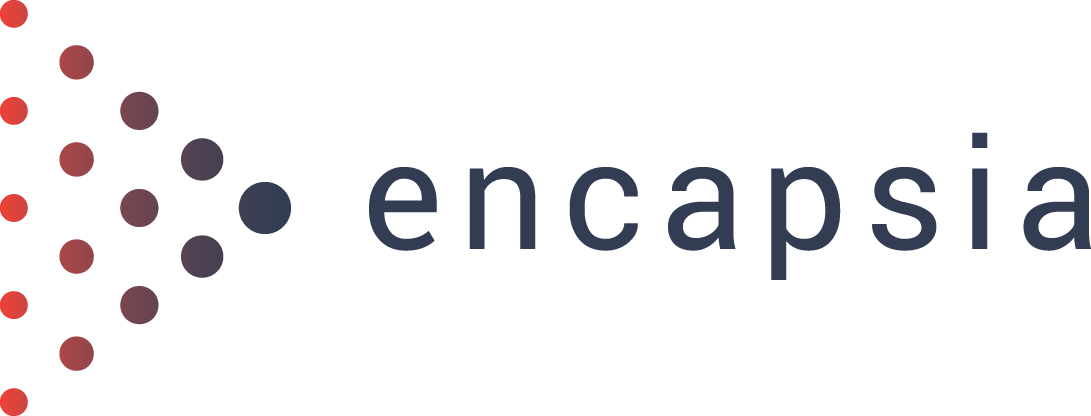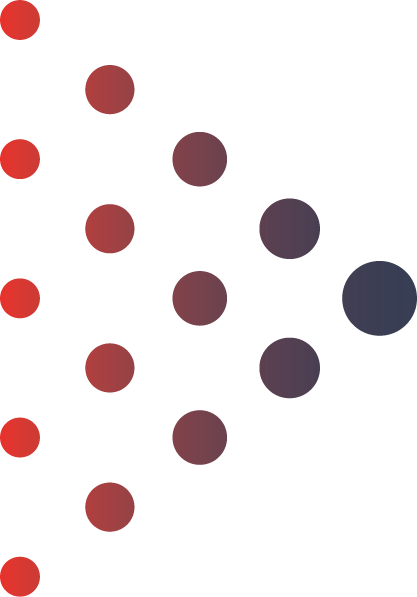Question: Your webinar presentation earlier this week was quite provocative. Could you tell us a bit more about your background?
Question: How has this background helped you lift the curtain on the weaknesses of legacy systems?
TCC: Let me share an analogy – imagine a top doctor seeing a patient and recognizing an underlying condition even though the patient reports no symptoms – the patient doesn’t know he’s ill – but treatment is required to prevent further disastrous consequences.
Legacy clinical trials systems are not fit for purpose, but the sponsors have not recognized the signs and symptoms until it’s too late – the condition has developed too far without treatment. Unfortunately, it’s taken the recent social upheaval to diagnose the problem.
Question: Clinical trial systems are not a trivial undertaking – What drove you to create a fundamentally new platform?
TCC: Quite simply, the world today is very different from the world 20 years ago – unfortunately, clinical teams have grown up with the legacy systems and so have worked around their limitations – Brainwashed into low expectations! It’s not good enough!
The ambitions and needs of the clinical teams are largely the same as they were 20 years ago – I want to free them from limitations of their technology straightjacket so they can start to gain efficiency, lower costs and leverage all the advantages modern technology offers.
All software has an end-of-life expiry date – the de facto solutions in use today are way past that expiry date. As I’ve mentioned the patient may not recognize they’re ill, but that doesn’t mean they don’t need treatment. It’s difficult for non-technical teams who use all this software in their processes to see these signs – they’re focusing on getting the job done, not the problems in the underlying technologies.
It disappoints me to see legacy systems market a glossy, modern face to their products, but leave the original, old and decrepit frameworks untouched – it’s disrespectful. That’s why I briefly described in the webinar some of the signs people should look out for.
Question: Can you be more specific?
TCC: We need to treat the problem of legacy systems directly. For me, all data, whether it be form-based, lab results, 3rd party, multi-media video or images, together will all the associated metadata and provenance, should be contemporaneously available globally, from a single database.
Further, we need to support flexibility and future proof the system so we don’t see a recurrence of the stagnation seen in the last 20 years. It must be easy to expand and adjust the way data is collected, cleaned and extracted, including leveraging exciting options like AI – the technology needs to invite process innovation and optimization.
Legacy systems can’t get close to this due to their old, fixed and decrepit technology stacks which hold them back. As I’ve explained, I built encapsia to give control and freedom back to the clinical teams, freeing them to innovate and find greater efficiency and remove the “workaround sickness” that’s killing the clinical trial process.
Question: You suggest the clinical teams are suffering without even knowing it? Do you have any other examples?
TCC: Yes, many! Perhaps something for a future interview…
Question: Your smartphone analogy was enlightening, but a bit technical. Could you share any other analogies which might help people understand your position?
TCC: It’s like everyone has sleepwalked into the present and suddenly woken up to systems that just don’t work in the new remote, online world. The phrase walk – jog – run comes to mind. In the old days trials were run on paper, then EDC came along allowing the teams more efficiency and faster trials – for the last 20 years no-one’s really taken this further! Jogging felt good! The challenges of recent events have resulted in most of our trials put on hold – at best we’re back to a slow walk!!!
The recent events have shattered the imagined efficiencies and benefits of the legacy systems – lifting the curtain on their antiquated abilities and showing everyone just how limited they really are. With this awareness, we can’t return to the old way of things.
Cmed Technology is not interested in supporting the status quo. We want to help our clients break free of these limitations, untether them from the straightjacket of legacy providers and gain the benefits of modern technology. Let them focus on what matters – getting drugs to market more quickly, more efficiently and at less cost.
To catch Timothy Corbett-Clark’s smartphone analogy and many more insights on today’s clinical trial challenges and possible solutions, you can view the webinar at this link.
Learn how encapsia can help you!
To book a no-obligation meeting or demonstration please get in touch by using the contact form below:
Contact us

